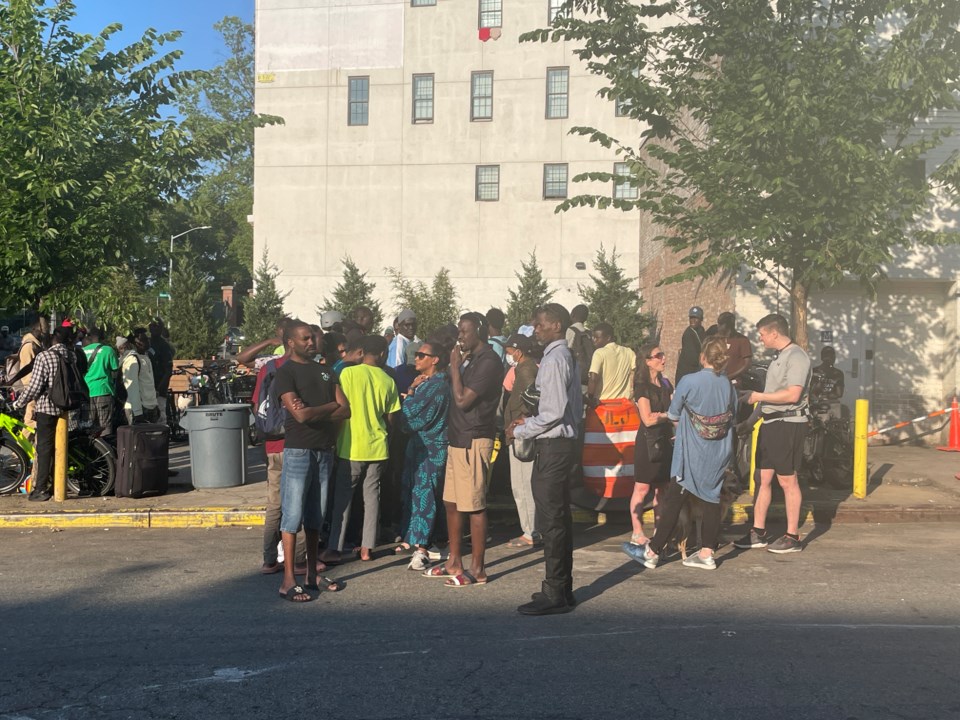City Council Speaker Adrienne Adams, Council Members, the New York Immigration Coalition, and community partners on Jan. 29 launched the New York City’s first-ever Community Interpreter Bank and the Protect NYC Families initiative at City Hall.
The NYC Community Interpreter Bank will centralize language interpretation services across the five boroughs, recruiting, training and dispatching interpreters to city-funded legal service providers, community navigation sites and City Council offices, according to a press release.
The City Council allocated $1.4 million for the initiative in Fiscal Year 2025 to help ensure that immigrant New Yorkers can access services in their preferred languages.
The Protect NYC Families initiative provides more than $2 million to over 60 nonprofit organizations to expand legal services, rapid response efforts, helplines, and community training. The funding comes amid increasing federal immigration enforcement and policy shifts that have created a surge in demand for services.
“New York City is a proud city of immigrants, and we must support our city’s families from attacks by the Trump administration,” said Speaker Adams.
Murad Awawdeh, president and chief executive officer of NYIC, emphasized the importance of language access for immigrants navigating complex systems, saying “the NYC Community Interpreter Bank ensures individuals can access critical services in their preferred language while also creating a direct pipeline to employment for New Yorkers trained in interpretation."
The interpreter bank is part of the Language Justice Collaborative’s Language Access Workforce Initiative, which aims to create sustainable job opportunities for community members to become certified interpreters. It will recruit interpreters from worker-owned language cooperatives and those who have completed CUNY Hostos Community College’s interpreter certification courses. These interpreters will work as independent contractors, providing language services to limited English proficient New Yorkers.
Community organizations, including African Communities Together, the Asian American Federation, Haitian Americans United for Progress and Mixteca, praised the interpreter bank’s potential to address longstanding barriers for immigrant communities. Advocates highlighted the importance of cultural competency in language services and the role of immigrant-led initiatives in strengthening New York’s diversity.
More information is available at www.languagejustice.nyc.




